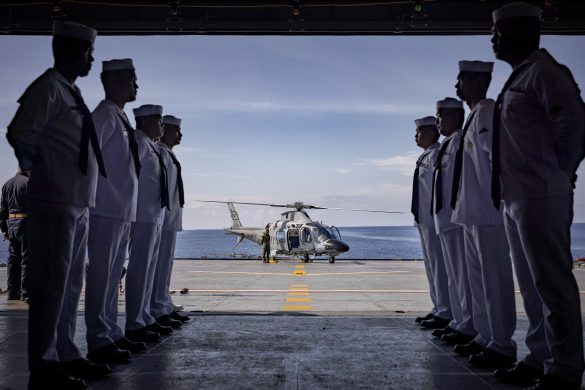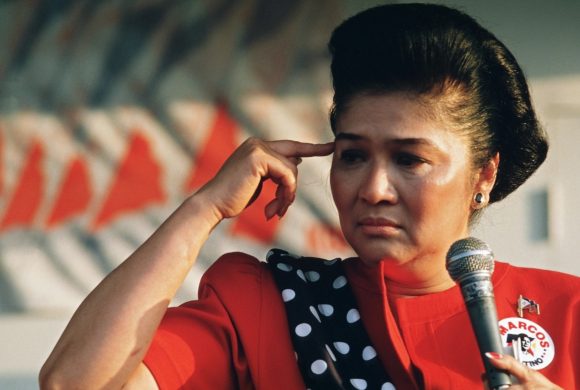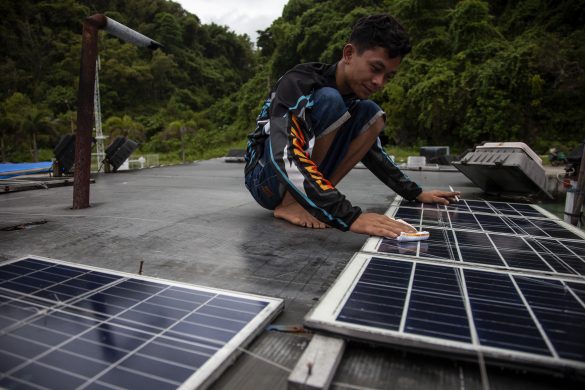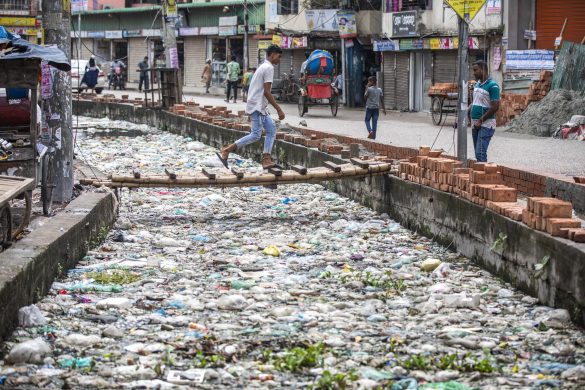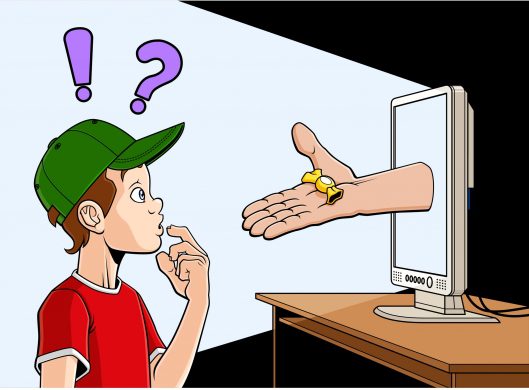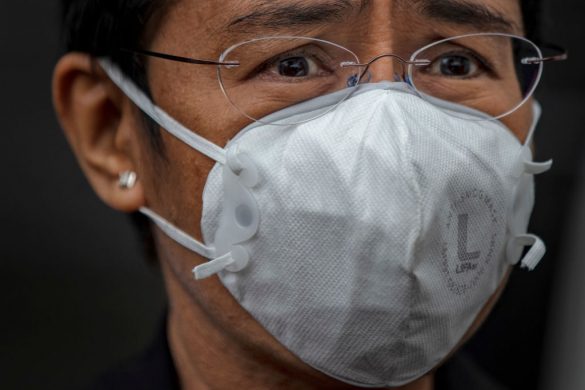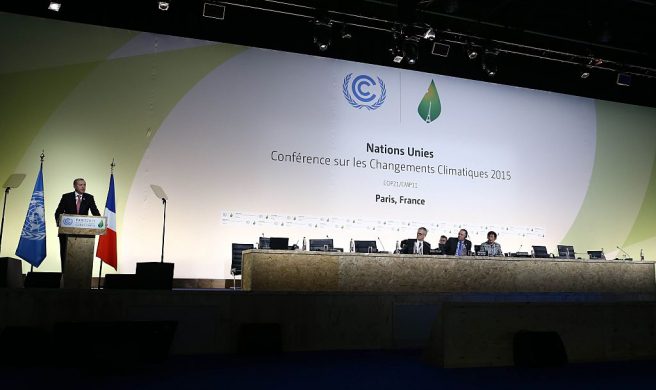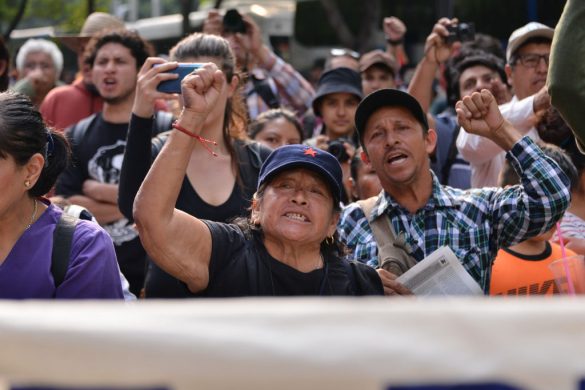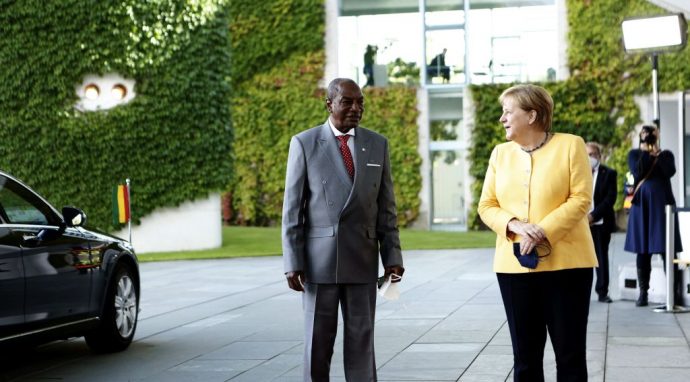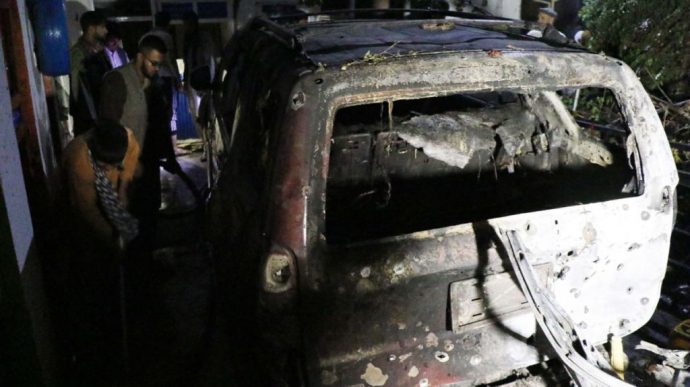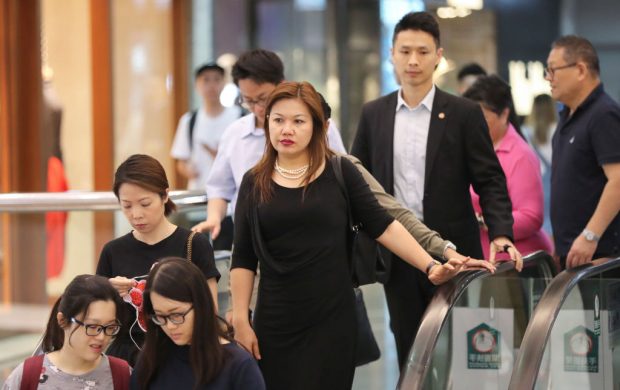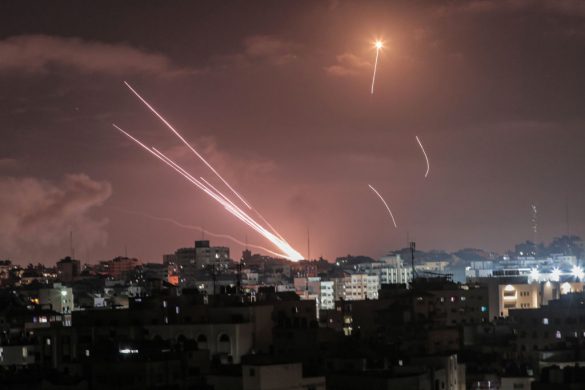The Philippine National Police confirmed that this week the death toll of Filipinos killed as part of President Rodrigo Duterte’s abusive “war on drugs” surpassed the 7,000 mark.
Those 7,028 people – an average of more than 30 killed each day since Duterte assumed office on June 30, 2016 – include 2,503 suspected drug users and drug dealers killed by police and 3,603 killings by “unidentified gunmen.” Those numbers are the appalling but predictable result of Duterte’s vow that as president he would, “Forget the laws on human rights.”
They also symbolize the wider systems-failure that has exposed thousands of Filipinos to the threat of summary killings. Police justify those 2,503 killings, saying that the victims “resisted arrest and shot at police officers.” But police have not provided further evidence that officers acted in self-defense. There are allegations that “death squads” composed of plainclothes police personnel are behind some of the “unidentified gunmen” killings. Revelations last week that police officers kidnapped and then strangled to death a South Korean businessman – after raiding his home using a fake arrest warrant falsely implicated him in illegal drug activities – have deepened such suspicions.
Pro-Duterte lawmakers scuttled a Senate probe into the drug war killings in September. And by subjecting the drug war’s most prominent critic, Senator Leila de Lima, to a torrent of harassment and intimidation, Duterte and senior government officials have stifled meaningful scrutiny by lawmakers. An army of pro-Duterte internet trolls systematically harasses, intimidates, and threatens into silence individuals who question the drug war’s logic or legality.
Meanwhile, some foreign governments with close ties to the Philippines, such as Japan, have turned a blind eye to the bloodshed. During his mid-January visit to the Philippines, Japan’s Prime Minister Shinzo Abe announced a five-year US$800 million Japanese government Overseas Development Assistance package to “promote economic and infrastructure development.” But while promising financial support for drug rehabilitation projects in the Philippines, he made no mention of the brutal impact of Duterte’s anti-drug campaign on people who use drugs and their families.
Until there is concerted domestic and international opposition to the carnage, the death toll of Duterte’s drug war will only continue to rise.



